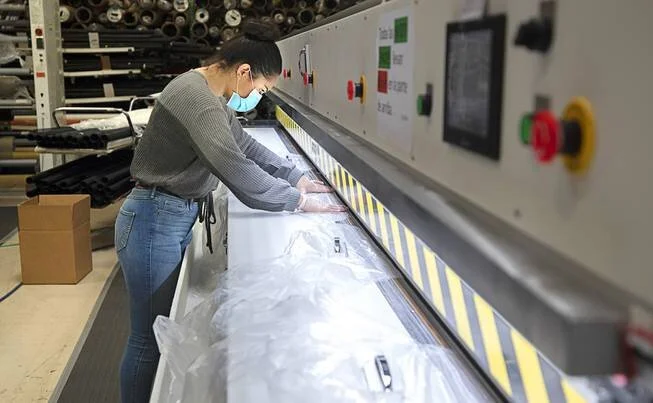by Anthony McTaggart
Its the beginning of 2015, and that means that corporations - both for profit and nonprofit - have to report to both shareholders and board members.
I was engaged in a conversation with an engineer at a public corporation recently, where he (and soon, I) was upset about the potential for, and complete lack of forecasting that was going on for production of their product line. Initially, I said to myself "Why aren't they forecasting?" That quickly changed to, "Wait, why aren't WE forecasting?"
Forecasting demand is required for most businesses - but may be overlooked in the nonprofit sector. It’s the analysis of past performance in one’s organization, combined with data that alludes to demand for future products, performance, or markets. In essence, it can be a beautiful symbiosis of art and science, one that usually takes time to hone and eventually master.
Some of us are so busy in the day-to-day that we often don’t plan ahead for what's to come. That can lead to two things: Either we have unsustainable growth that causes unplanned budgetary expenditures, or we get into the "No" mode - where we couldn't possibly grow since we have no time to plan where that funding or partnership might come from. How are we to serve a rapidly growing community if we don't plan for it?
Every window in my office is used as a whiteboard
Going forward for the 2015- 16 school year, we as an organization will be looking at 55% of our programming, in terms of budget and locations, being attributed to pre-existing, in place programming; 25% will come from new funding, meaning new locations. For the other 20%, meaning new business, we will be engaging in real demand forecasting. What this entails, is paying attention to data across the Valley: population growth, new communities, new partner locations (like where a new library or Boys & Girls Club are planned), trends in test scores, and areas of general concern in the community.
This isn't difficult, but it does take meaningful dialogue and time - now is the time to start within your own organizations.
If you think you don't have someone that can do this, you might be pleasantly surprised. Look no further than your Development and Marketing team. Mixed with some programming staff, you can have a forecasting team built and deployed by the end of February! Great Development staff have their ear to the ground and are always identifying new resources. This is learned behavior and can be taught. Great Marketers are used to deploying new collateral quickly, and creating a following. Great programming staff can quickly engage in feasibility analyses to conduct new programs.
Our team is amazing, and we are willing to help! Please contact us if you want to grab a coffee and discuss how to become better at forecasting. It would be a wonderful feeling to know what the next year of partnership holds. We look forward to sustainability and planned growth going forward for both our organization, and yours.
Cheers, Anthony









